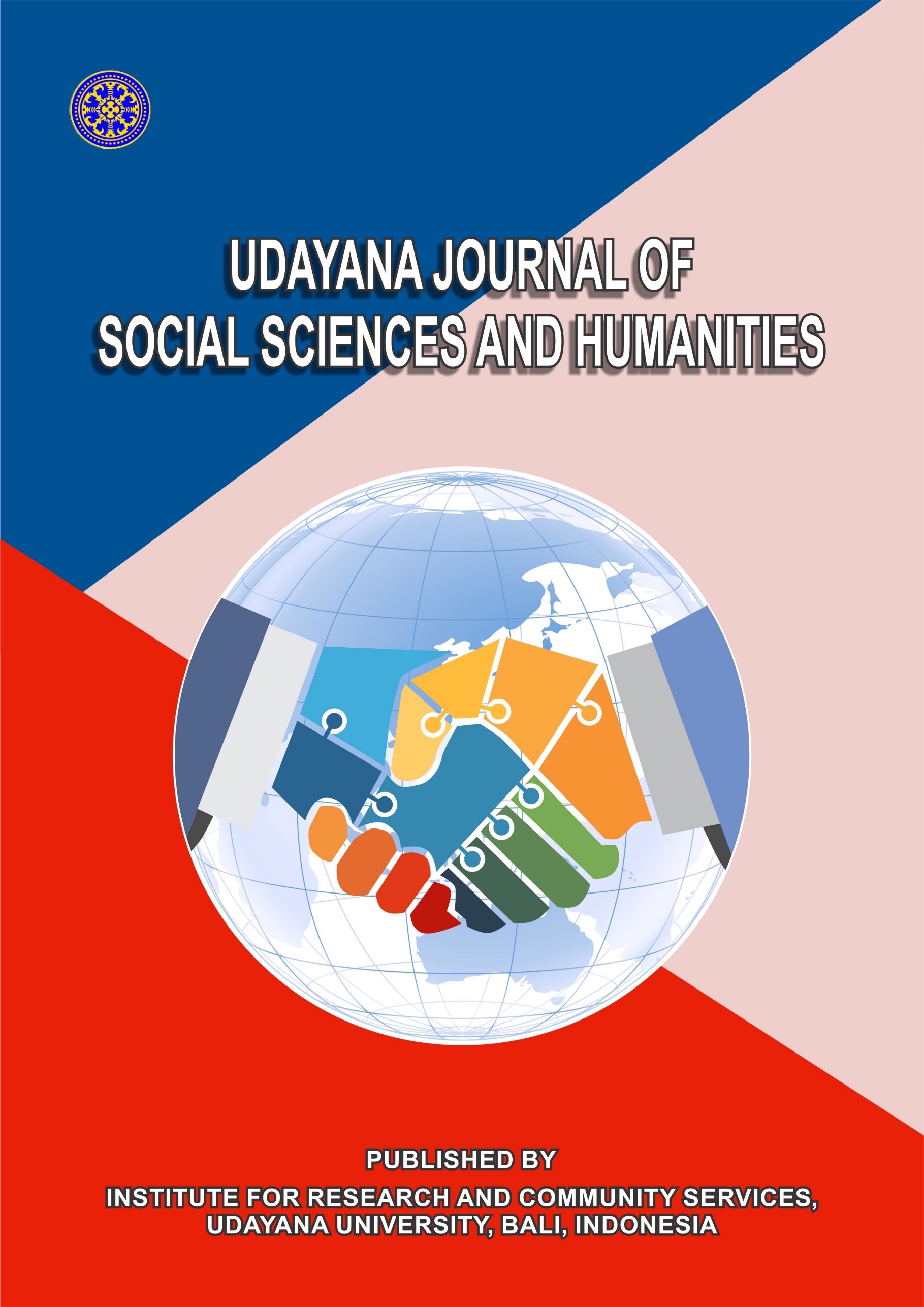Program on Building Positive Self-Concept in Girls to Suppress the Number of Early Marriages in Pengotan Village of Bangli, Bali
Abstract
Early marriage is a phenomenon found in many countries, particularly in countries with high levels of poverty. Most of the victims are girls. Early marriage robs themtheir opportunity for self-development. At the community level, early marriage brings pressure to the development of human resources, increases the dropout rate, and triggers poverty. Early marriage is driven by various factors, such as the family’s attempts to maintain their financial viability, family and peer pressure, early marriage being used as a means of controlling girls’ sexual behavior, and due to socio-cultural conditions. In Bali, one of the practices of early marriage caused by economic pressures, family, and culture is found in the village of Pengotan in Bangli. This program is a preventive effort that aims to increase the positive assessment of local girls against themselves to reduce the number of early marriages. If one has a positive self-concept, they will appreciate themselves more and will certainly be appreciated by others. This program realized in the form of training was given to girls from grade fifth and sixth of elementary school. This age group falls into the category of transition age from childhood to adolescent which is prone to change. Through this program, girls are expected to be aware of their existence, to appreciate their gender, realize that girls have equal opportunities to boys, and understand the breadth of skills and opportunities that girls can have. At the end of the program, there was increased knowledge shown by the significant difference between the average value of the pre-test and post-test. Participants were satisfied with the program that they had followed. Changes in attitudes and behavior were then measured during one year after the program indicated by the number of girls who continue their study at school and the early marriage rate. Evaluation of attitudes and behaviors were conducted by interviews.






